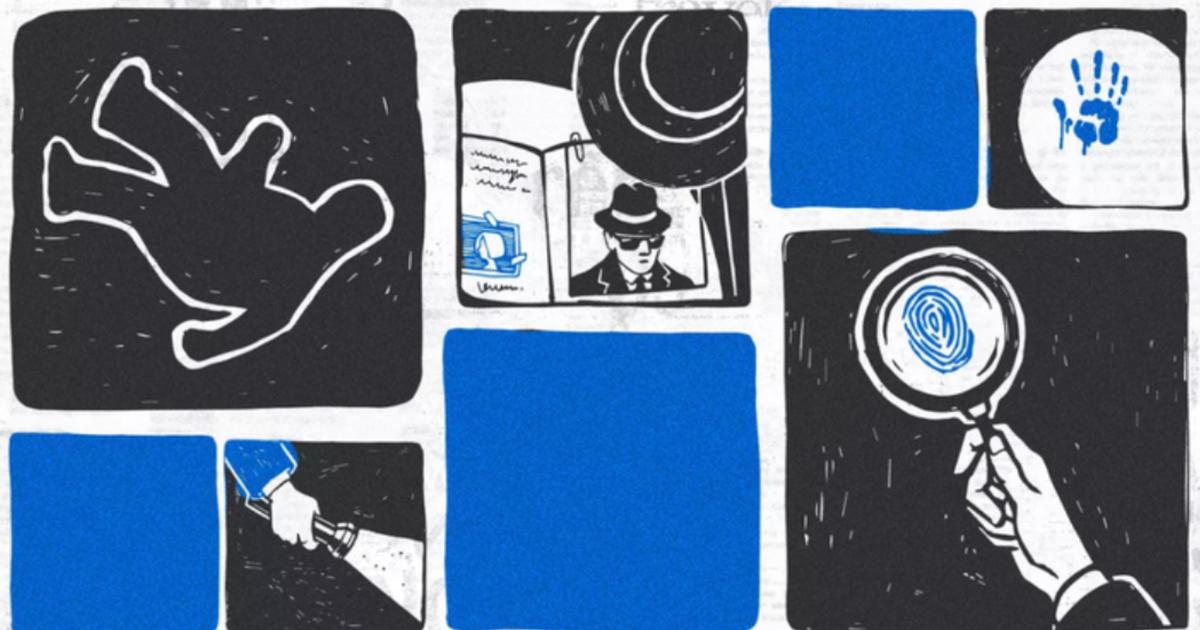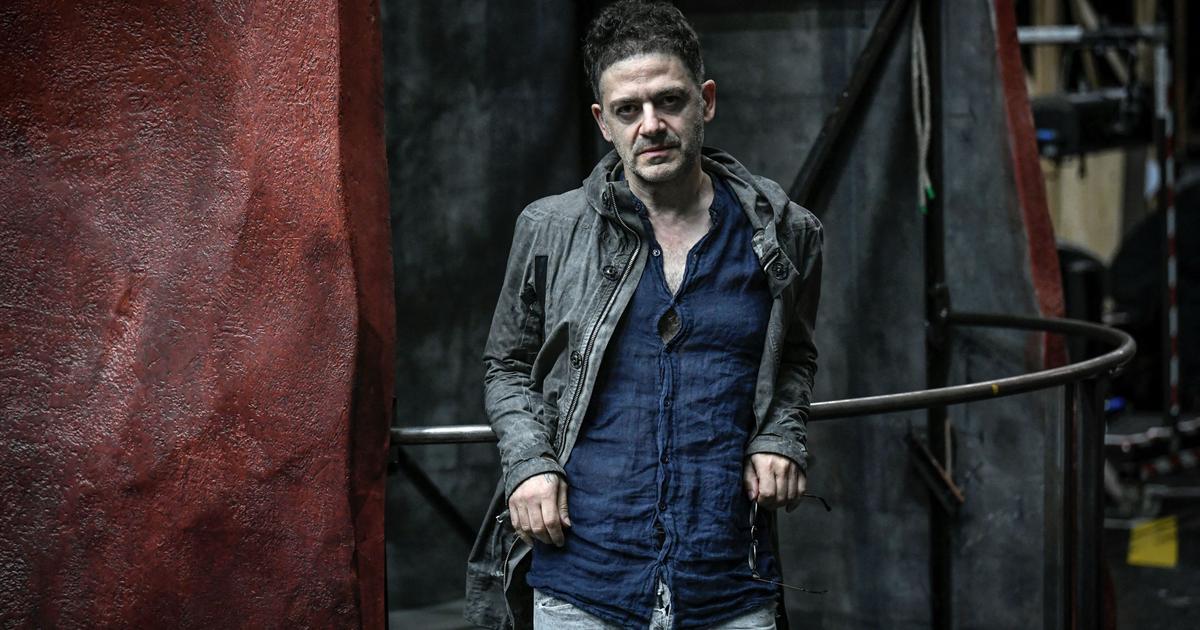During the night of July 26-27, 2003, in a hotel room in Vilnius, the Lithuanian capital, the French singer Bertrand Cantat beat up actress Marie Trintignant.
Transferred to France, the popular film and theater interpreter would die five days after her at the age of 41 in a hospital in Neuilly-sur-Seine as a result of injuries caused by her lover.
According to subsequent medical examinations, Cantat inflicted a total of 19 punches on his victim.
The popular impact caused in France by the assassination was immense, occupying magazine and newspaper front pages and radio and television news outlets for weeks.
Cantat, who was arrested, tried in Lithuania and sentenced to eight years, a sentence that he would end up serving for the most part in a French prison, was a true star in his country.
What is commonly called a mass phenomenon, as the leader of the rock group
Noir Désir
, one of the most popular bands in France.
He was also an undisguised spokesman for the movements linked to the environmentalist and internationalist left.
As for Marie Trintignant, daughter of the great actor Jean-Louis Trintignant and the screenwriter and director Nadine Trintignant, she was one of the most popular actresses in France thanks to her haunting beauty, her proven acting skills and her work under directors. of lineage such as Claude Chabrol, Alain Corneau, Ettore Scola, Leos Carax, Jacques Doillon or his own mother.
Precisely, the victim was in Vilnius participating in the filming of a telefilm about the French writer Colette directed by Nadine Trintignant.
Bertrand Cantat, during the trial in Vilnius.
ERIC FEFERBERG (AFP/Getty Images)
The brutal death of the actress caused wounds that have never fully healed, neither in the environment of the murdered woman, nor that of her murderer, nor in the great family of French cinema, nor in the judicial media, nor in the media... nor in the unlimited capacity to generate morbidity by certain headers and certain characters.
Now,
Désir noir
(black desire), the book by journalist Anne-Sophie Jahn, reopens those wounds.
The thesis of his research is clear: Cantat, who for about eight years resumed his career —yes, with recurrent cancellations of concerts and protests at the doors of the venues where he performed—, benefited from a climate of omertà
perpetrated
since the ranks of the musical and journalistic world that today, years later and with the MeToo phenomenon in the middle, would not have been possible.
Thesis supported by the singer and former French first lady Carla Bruni, who, in an interview in the weekly
Le Point
, declared: "There was a media indulgence with respect to Cantat, at that time an icon of the left, and that is due to the political orientation of the media and the field of culture”.
In his book, Jahn cites those around Bertrand Cantat, including his brother Xavier, who once spoke of "a beatification of Marie Trintignant perpetrated by the cinematographic microcosm" and of "someone unbalanced and violent who used drugs and alcohol". .
But above all, the journalist places Krisztina Rády, Bertrand Cantat's wife at the time of the events and mother of their two children, Alice and Milo, as a subtle backdrop for the story.
Rády defended her husband's honor during the Vilnius trial: "He never raised a hand against me or anyone," she said.
In her previous book,
The Seven Deadly Sins of Rock
, Anne-Sophie Jahn had already advanced that this favorable testimony was key for Cantat to be sentenced to eight years instead of fifteen as requested by the Lithuanian prosecutor.
However, in private, before the writer, screenwriter and director Samuel Benchetrit - Marie Trintignant's ex-husband - Rády would have confessed that Cantat had been subjecting her to physical and psychological violence for years.
Krisztina Rády committed suicide on January 10, 2010. She was found hanged in the Bordeaux house that she had once again shared with Bertrand Cantat.
Subscribe to continue reading
Read without limits
Keep reading
I'm already a subscriber















